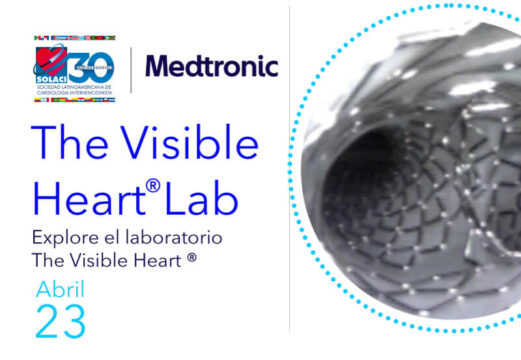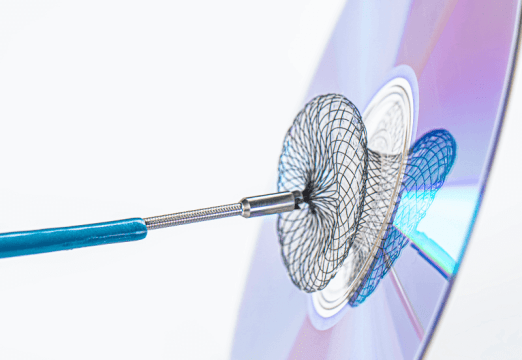Original title: Effectiveness of Renal Denervation Therapy for Resistant Hypertension: A Systematic Review and Meta-Analysis. Reference: Mark I. Davis et al. J Am Coll Cardiol 2013. Article in press.
Resistant Hypertension is the impossibility to control blood pressure despite the use of 3 or more different types of drugs, including diuretics. For most studies, at least 10 to 15% of patients present resistant hypertension, especially the elderly, the obese, the diabetic, patients with chronic kidney disease and sleep apnea. Renal denervation therapy with radiofrequency has recently become an alternative to treat these patients. However, evidence is still relatively poor; it mostly lacks control groups or is not randomized.
This meta-analysis included 561 patients from 12 studies, both randomized and observational, published between 2008 and 2012. Primary end point was reduction of mean systolic and diastolic pressure between 3 and 6 months after procedure. All patients had resistant hypertension that required an average of 5 drugs and yet was not controlled. In the control studies, there was a 28.9 mmHg reduction of mean systolic BP and a 11 mmHg reduction of mean diastolic BP at 3 months with renal denervation, compared to the control group (p<0.001 for both) sustained at 12 months.
In uncontrolled studies a similar BP reduction was observed, though with a tendency to overestimate its effect compared to the controlled studies. The studies included in this meta analysis evaluated 5 different renal denervation catheters, without taking into account the different responses to them. The pooled non-respondent rate (BP reduction lower than 10 mmHg) was 13.3%. No death was observed at follow up and the complications rate reported <1% with a renal artery dissection and 4 pseudo aneurysms in the femoral access site.
Conclusion:
Renal denervation resulted in significative BP reduction in patients with resistant hypertension despite study design or employed catheter. Larger randomized studies are necessary to confirm the efficacy and safety of this procedure.
Editorial Comment:
561 seems a small number of patients for a meta-analysis, but this represents all the available evidence for this procedure published so far. Renal denervation seems to be well tolerated and its most adverse effect appears to be abdominal pain, which responds well to sedation and analgesia. Studies such as Symplicity HTN-1 that had imaging follow up (Doppler, angiotomography or angio ultrasound) did not show compromised renal arteries at 6 months. Although analyzing subgroups may be difficult, remarkably enough, patients that had lower BP at baseline were also the ones that responded less to denervation, for example, for those that with more than 3 drugs had a BP of 140 to 160 mmHg, the non respondent rate reached almost 50%. Though many studies currently in place will add more patients and more follow up time, none of them compares the different devices currently available.
SOLACI.ORG





